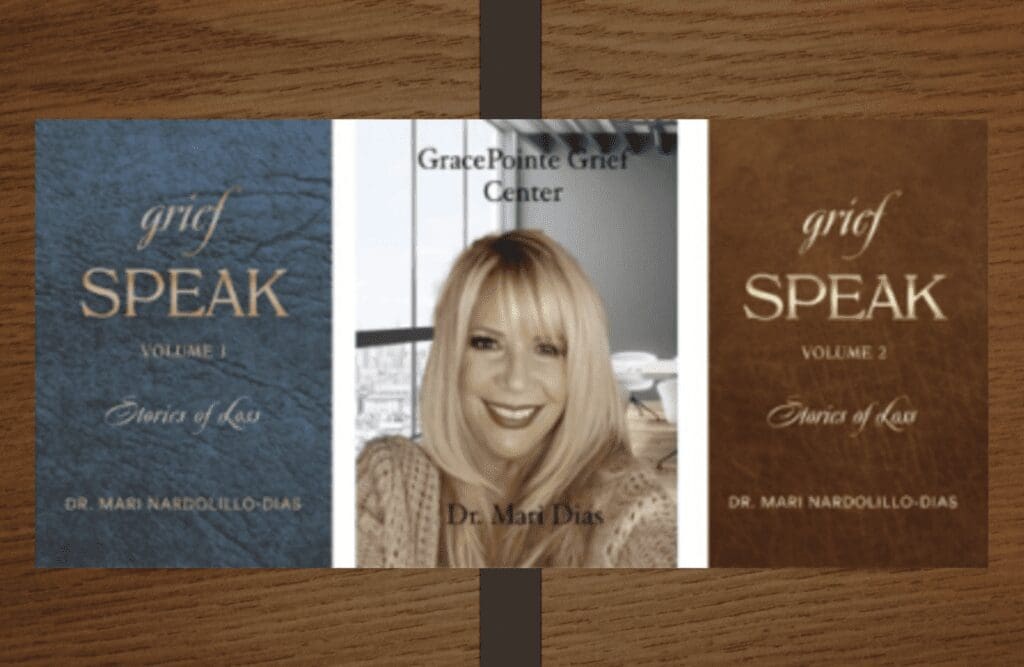Search Posts
Recent Posts
- Christopher Buonanno running for Cranston City Council, city-wide April 27, 2024
- Rhode Island Weather for April 27, 2024 – John Donnelly April 27, 2024
- Eat, Play, Learn: Summer opportunities fair for Providence – TODAY April 27, 2024
- Caitlyn Clark and breaking the glass ceiling for women in all sports – John Cardullo April 27, 2024
- In the news… your quick look at the week ending April 27th April 27, 2024
Categories
Subscribe!
Thanks for subscribing! Please check your email for further instructions.

GriefSPEAK: Does knowing the details ease our grief – Mari Nardolillo Dias
by Dr. Mari Nardolillo Dias, contributing writer
Grievers often need an explanation of a sudden death. The belief (although perhaps irrational, in many situations) is based on that “knowing of the details” will ease the numbness, the surreality. Help them exhale. Manage their grief.
The woman who believes that the “knowing” all the details of her husband’s affair, decades ago, will ease the nightmares that have reared their powerful heads after a recent triggering event. A flashbulb memory.
The parents who perseverate over the one-person car accident of their son. What happened? Did he take his eyes off the road? Why was he speeding? Was he responding to a text? Why were there no skid marks. Might it have been intentional?
The man who cannot wrap his head around the suicide of his brother. Why? He seemed so happy… He had everything anyone could want in life. What was he thinking? All the evidence shows that this act was well thought out. Planned.
And now the global response to the facts concerning the debris field of the submersible; the Titan. For days every conversation has either centered on or included individual theories of “What happened?” Many held on to the hope that the vessel was snagged on something, and they would be found before they ran out of oxygen. One expert proffered “I hope there are six people on the submersible, the original 5 – plus God.” The sounds that some heard at regular intervals were believed to be those on the Titan. After all, the corporate executive of the company (OceanGate Expeditions) that built the Titan and served as the expedition’s pilot was on board. He certainly would know what to do in case of a catastrophic emergency.
Many of us visualized these 5 men, in an undersea coffin, counting the hours of oxygen, attempting to make communication. What might their conversations include? Did they talk about death? Did they share a life review? Or were they simply in survival mode where they remained in an action phase, problem solving and entertaining options? People have been glued to their phones, their televisions. Watching. Waiting. Some praying. Yet all on the edge, needing the “knowing.”
To what end? Does knowing the details ameliorate the grief? The shock? The sadness? Perhaps not for the woman who thinks the details of her husband’s affair, or the parents who need the details of their son’s death, or the brother who continually seeks out the details of his brother’s suicide.
For some, learning of the debris field, the implosion, the sudden finality of days of questioning and hoping may provide some closure. For others, the new information that those on the Titan died within perhaps a split second holds some comfort. The change in the narrative has us relieved that they were not sitting at the bottom of the ocean, waiting to die. Hoping for a miracle. Yet the new narrative has, for still others, provided a new picture in their minds.
Trauma is not the event. It is how our body and minds respond to the event. Now that our collective questions are answered, now that we have the explanation, does our grief look different? Feel different? Does possessing the explanation ameliorate our grief? What are your thoughts on the need and impact of an explanation of a sudden death?
___

Dr. Mari Nardolillo Dias is a nationally board-certified counselor, holds a Fellow in Thanatology and is certified in both grief counseling and complicated grief. Dias is a Certified death doula, and has a Certificate in Psychological Autopsy.
She is Professor of Clinical Mental Health, Master of Science program, Johnson & Wales University. Dias is the director of GracePointe Grief Center, in North Kingstown, RI. For more information, go to: http://gracepointegrief.com/
